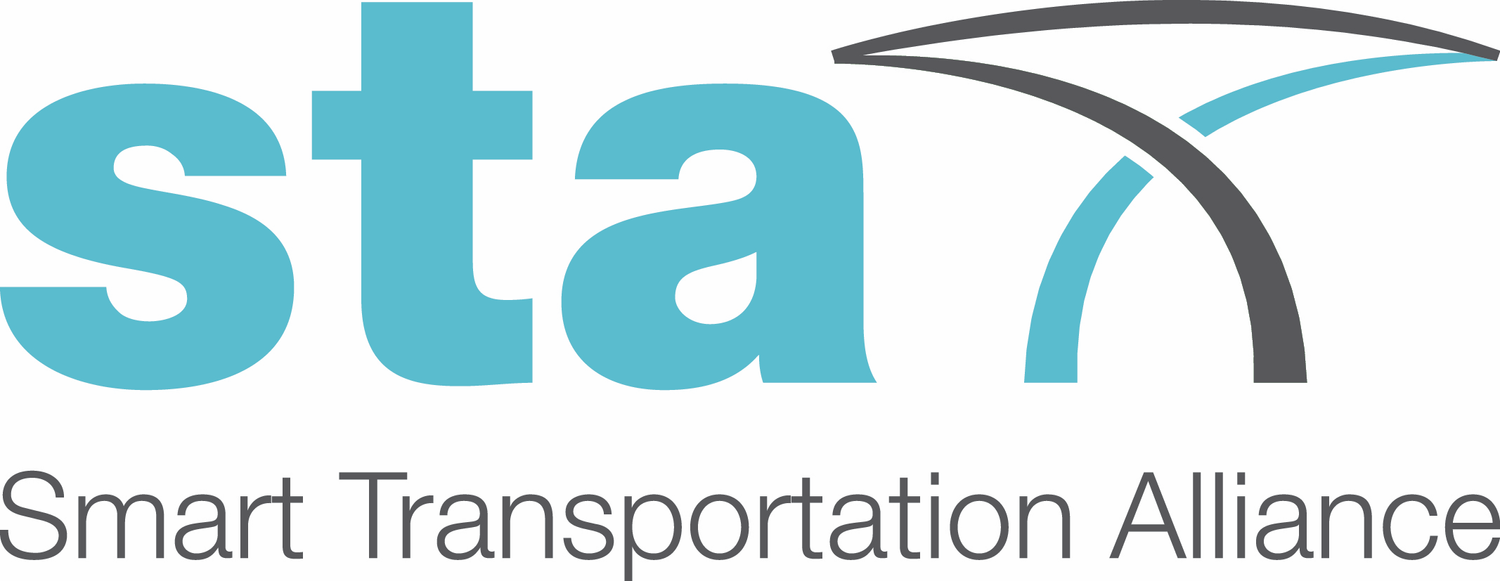SCALE-UP
Accelerating Green & Inclusive Mobility Change in European Cities
SCALE-UP was an EU-funded Innovation Action funded from the Horizon 2020, aimed to explore options to render better-connected and climate-resilient cities, while further developing complex multi-modal transport systems in 3 European urban nodes: Antwerp (Belgium), Madrid (Spain), and Turku (Finland). 23 partners across 5 countries, developed 28 innovative mobility measures that strengthen connections between local, regional, and European levels.
In addition to its three Urban Nodes, SCALE-UP engaged seven Fellow Cities that served as living labs for a wide variety of mobility measures, paving the way for others to replicate and adapt their successes.
The project emphasised five key intervention fields, each addressing a critical aspect of urban mobility.
Multimodal and user-centric design aimed to improve the integration of transport modes and enhance the user experience. In Madrid, for example, initiatives such as the Aparca-T Park&Ride (P&R) facility and the Canalejas logistics hub helped optimise urban mobility. In Antwerp, nine Park & Ride facilities further reduced reliance on private cars, while in Turku, the development of a walk-in bike maintenance service encouraged the use of active transport options.
Data and digital mobility tools focused on leveraging data and technology to manage transport systems more effectively and inform users with real-time data. In Antwerp, a freight route planner was developed to guide trucks safely and efficiently through urban areas. Madrid introduced a comprehensive MaaS (Mobility as a Service) application that integrated over 70% of the city’s mobility services, while Turku launched its Mobility Map, a real-time platform with more than 40 datasets, supporting both citizens and planners.
Clean, safe, and inclusive mobility, prioritised accessibility, safety, and sustainability measures. Antwerp expanded its e-bike sharing system to 2,179 bikes across 559 hubs, contributing to a cleaner and more efficient transport network. Madrid expanded also its bike-sharing scheme, BiciMAD and pedestrianised central districts, creating more than 87,000 square metres of new pedestrian space. Meanwhile, Turku focused on measures promoting inclusive cycling and active travel, ensuring equitable access for all groups.
4. Fostering sustainable mobility behaviours encouraged citizens to adopt environmentally friendly ways of travelling. In Antwerp, eventgoers benefited from incentives promoting sustainable travel choices., such as bike parking, with car use declining at nearly all tracked events. In Madrid, the Green Routes programme promoted sustainable transport to major events, while Turku developed smart mobility guidance tools to improve accessibility for vulnerable users, receiving a very positive user feedback.
5.Strengthening governance across Europe aimed to enhance collaboration and policy alignment at multiple levels of government. In Antwerp, a dedicated Service Centre was established to support the implementation of Sustainable Urban Mobility Plans (SUMPs), complemented by regular administrative consultations and an expanded Smart Ways to Antwerp initiative. In Turku, governance model options were developed to strengthen cooperation among municipalities, particularly around regional train network planning and sustainable mobility coordination.
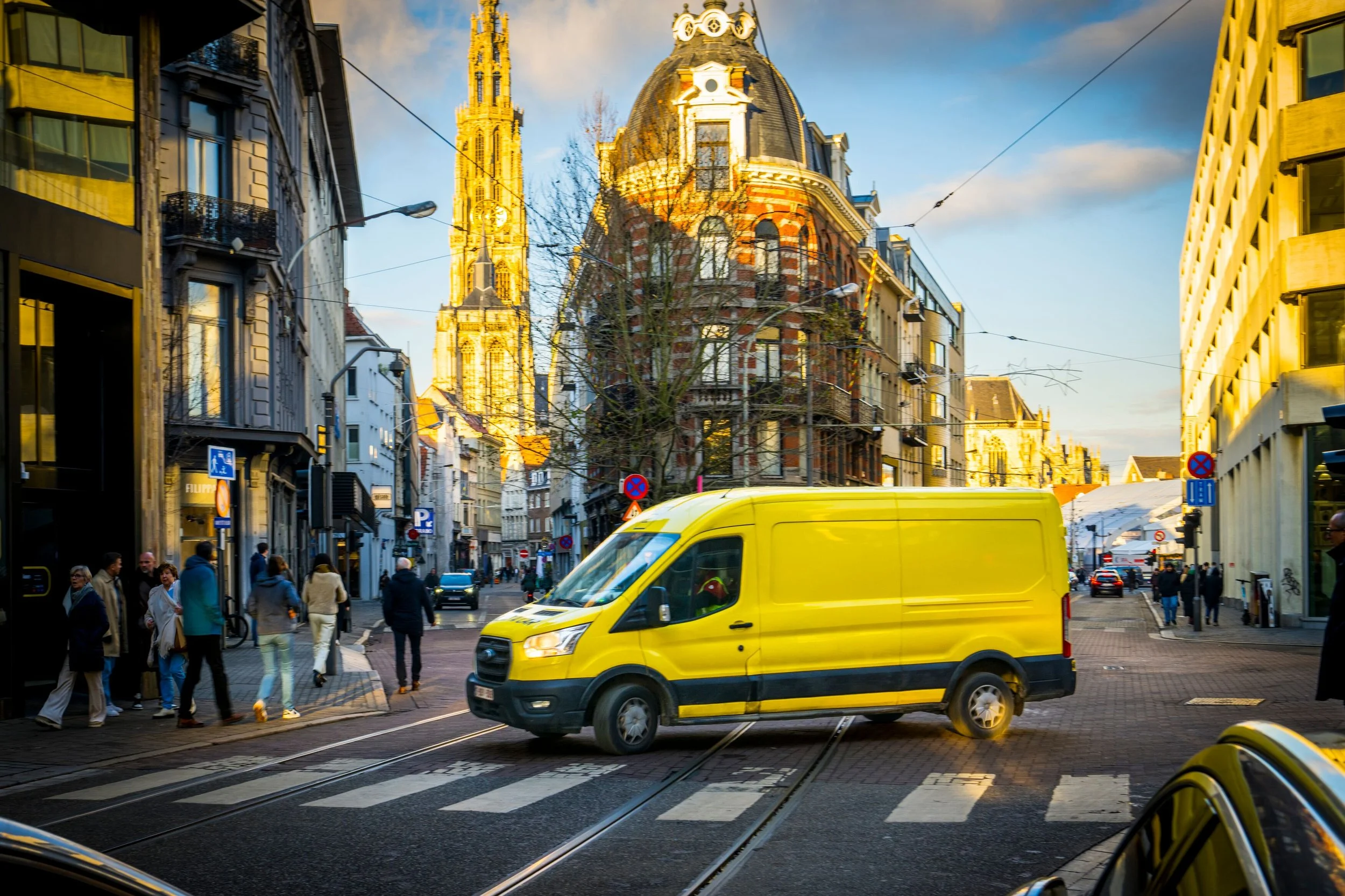


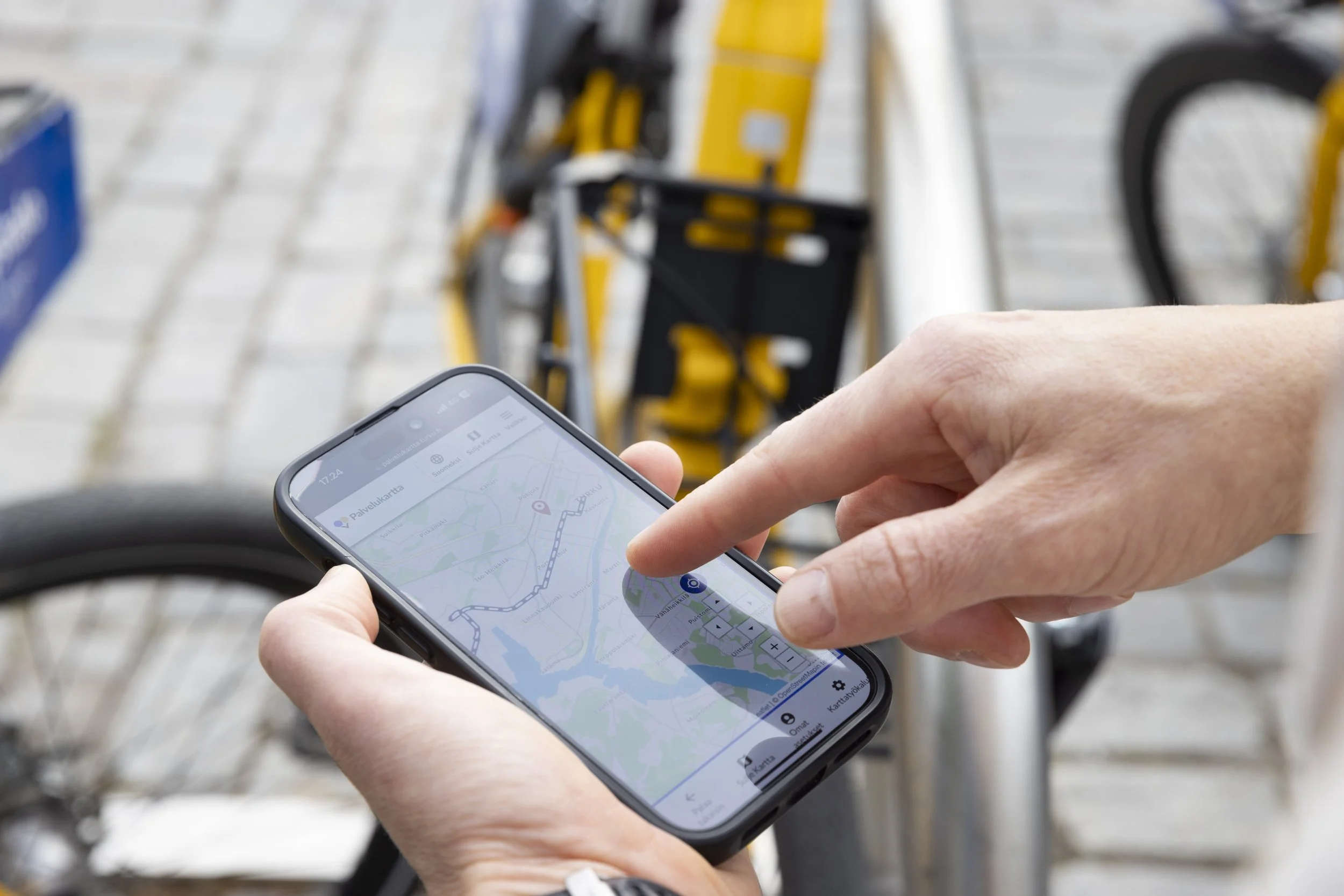

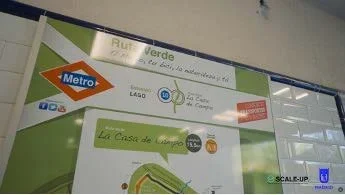
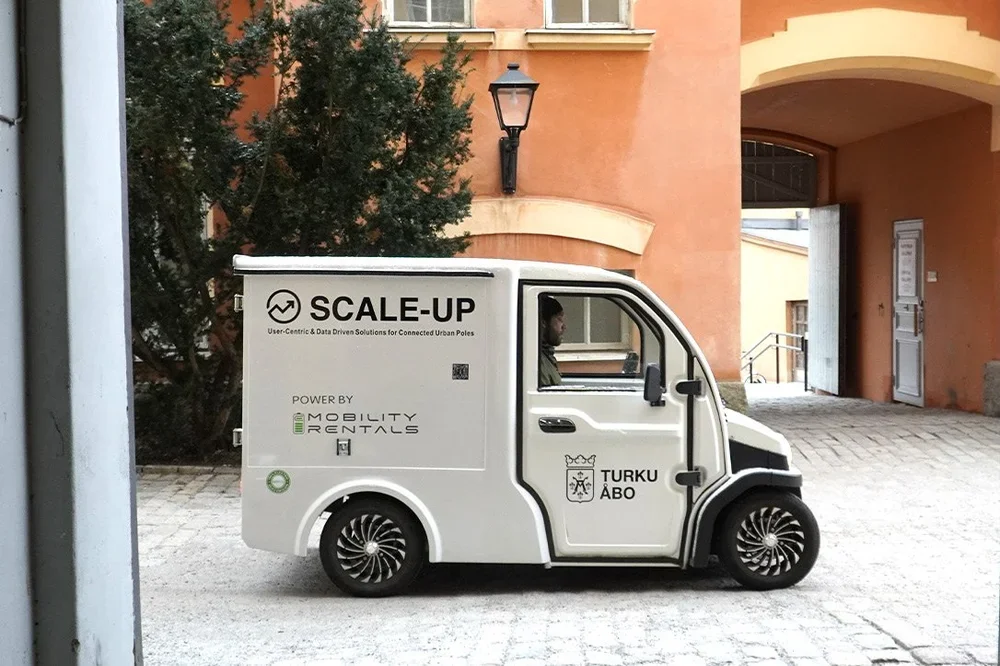
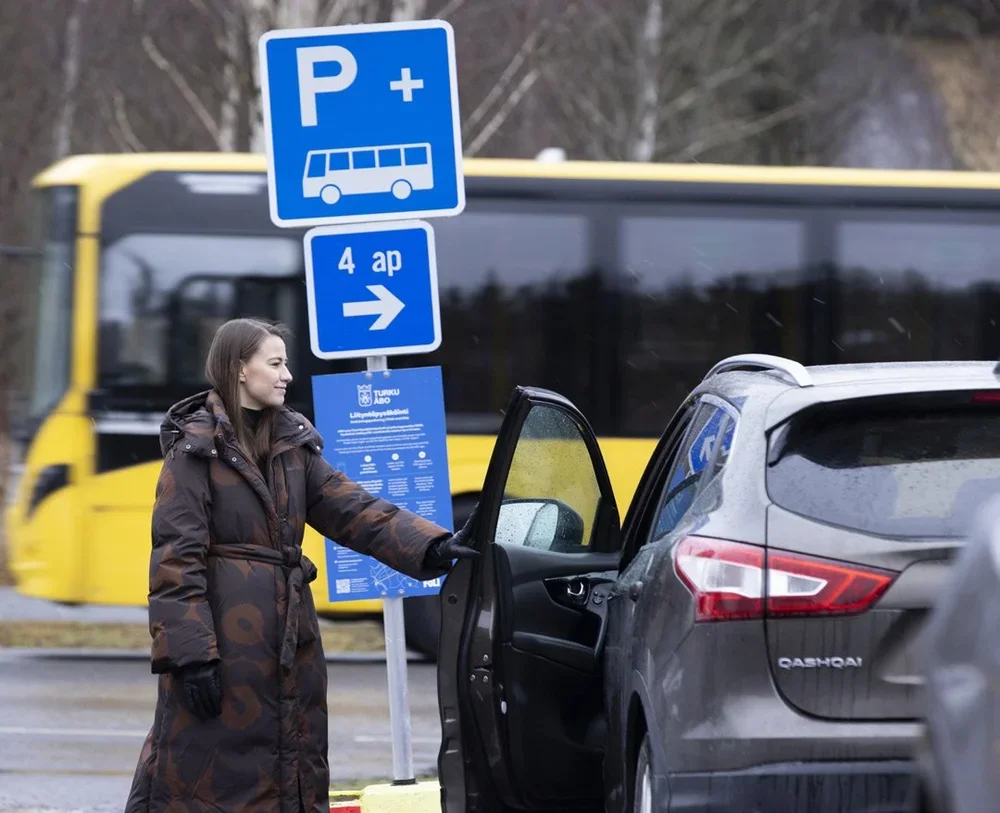
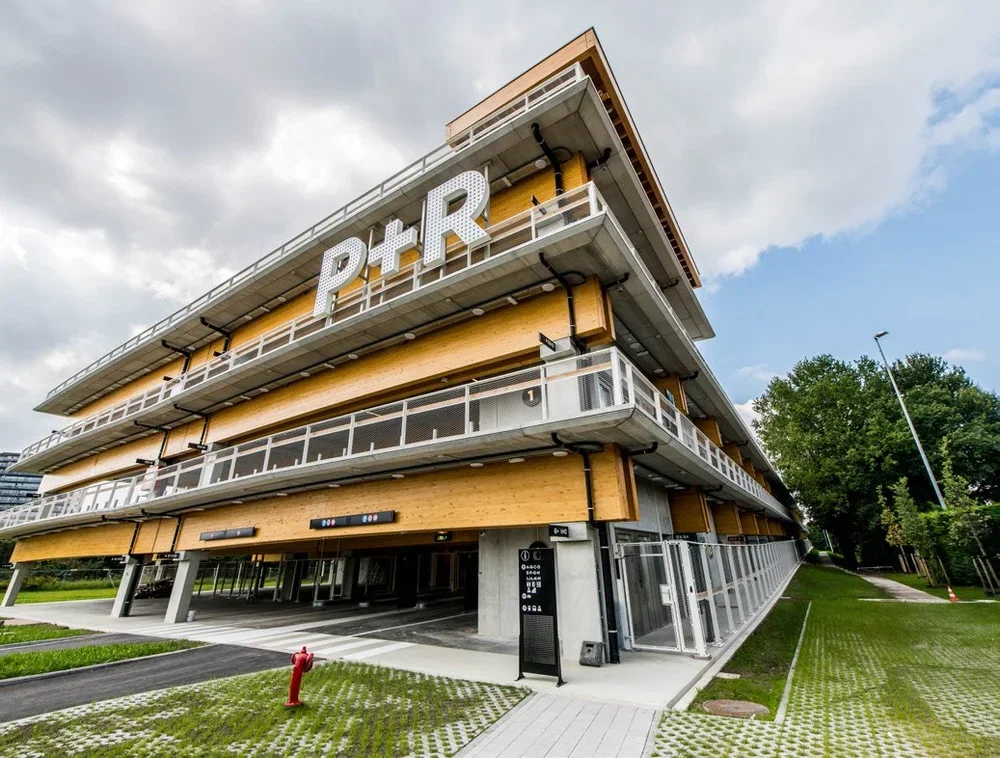
Brochures
The first brochure introduces the project’s overall objectives, expected outcomes, and consortium members.
The second brochure presents detailed insights into the project’s progress and achievements.
Finally, the Urban Nodes Handbook provides an illustrated overview of local mobility measures and their impacts, serving as a source of inspiration for other European urban nodes seeking to follow SCALE-UP’s example.
